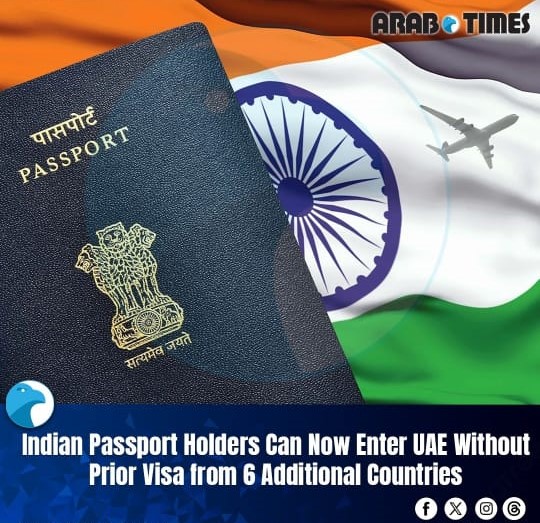Opening of a Shelter for Male Expats in Kuwait
The Public Authority for Manpower (PAM) has inaugurated a new shelter in Hawally for male expatriate workers, reinforcing Kuwait’s commitment to labor rights and human dignity. The facility offers essential services, including healthcare, housing, and legal assistance, ensuring proper support for workers facing challenges.
Acting Deputy Director General of the Manpower Protection Sector, Dr. Fahad Al-Murad, highlighted that the shelter meets international standards and accommodates 200 to 300 workers. It provides legal aid, medical care, and secure living conditions while coordinating with relevant authorities to address workers’ concerns.
Workers can seek shelter voluntarily or be referred by government agencies, diplomatic missions, or civil society organizations. The initiative aligns with Kuwait’s commitment to protecting expatriate laborers, particularly those in vulnerable conditions.
Upon arrival, the Ministry of Interior assists in verifying workers’ identities. If a worker lacks identification, fingerprinting is conducted to determine their status. In cases involving legal disputes or absconding reports, authorities coordinate to resolve issues appropriately.
For workers involved in labor disputes, the shelter offers temporary accommodation until the matter is settled amicably or through legal proceedings. Workers can either return to their home countries or pursue their claims through the judiciary.
The shelter also extends its services to expatriates violating residency and labor laws. Legal coordination with the Ministry of Interior ensures their stay until legal matters are resolved, particularly in cases involving complaints or disputes.
The facility follows a national referral system for suspected human trafficking cases. If indications of human trafficking emerge during interviews, workers are referred to criminal investigations. Confirmed cases proceed through judicial channels, ensuring justice and protection for affected individuals.
Dr. Al-Murad emphasized that the shelter is a civil institution, not a detention facility. Workers are free to leave following specific procedures, except in cases involving legal matters, which are managed by the Ministry of Interior.
The shelter also accommodates workers with juvenile-age children in collaboration with the Ministry of Social Affairs and the Supreme Council for the Family. Plans are underway to transfer female workers to the Hawally shelter while male workers remain in Jleeb Al-Shuyoukh.
The opening of the shelter underscores Kuwait’s dedication to upholding human rights, preventing labor exploitation, and combatting human trafficking and migrant smuggling. Through a comprehensive strategy of prevention, protection, legal prosecution, and international cooperation, Kuwait continues to enhance labor welfare and reinforce its global commitment to fair treatment of expatriate workers.





